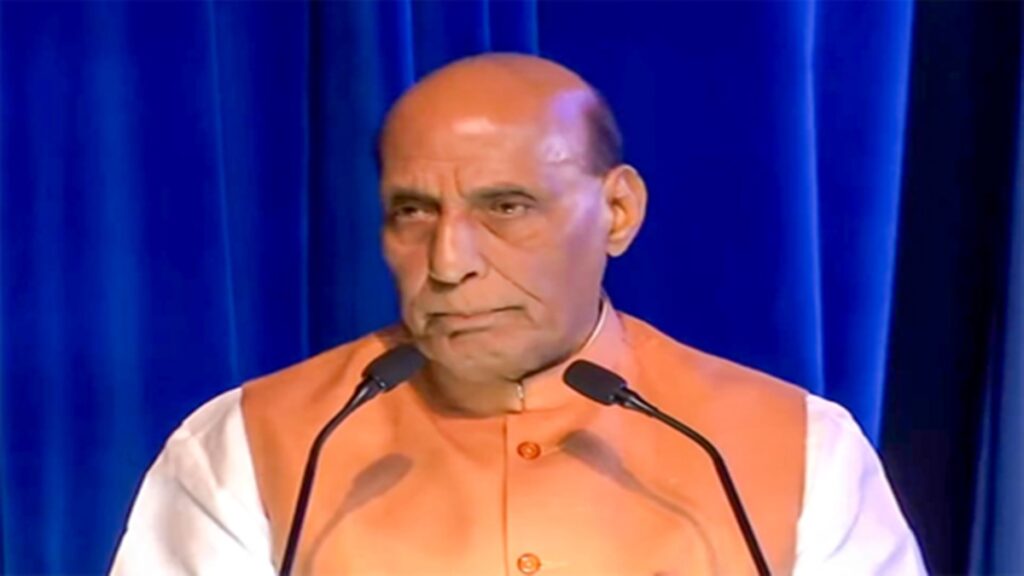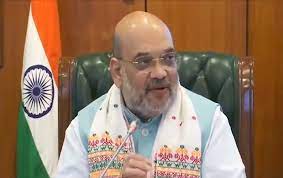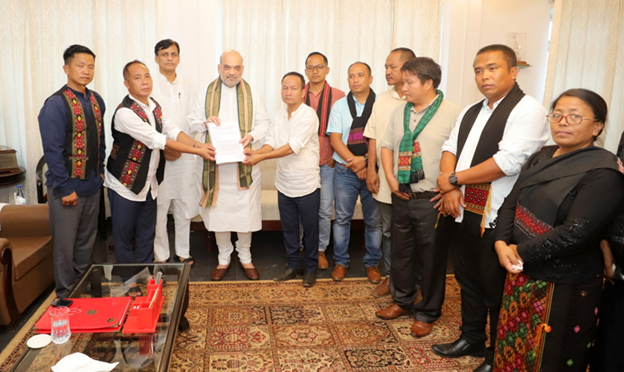Govt introduces AI Curriculum in 54 tribal schools

The programme intends to bridge the barriers in teaching to go a long way in improving learning outcomes for tribal students. Empowering teachers in local languages, particularly within tribal communities in India, will enable them to effectively deliver the curriculum and equip tribal students to excel in our increasingly technologically advanced world.
To empower the teachers and students in the field of digital education, National Education Society for Tribal Students (NESTS), under Union Ministry of Tribal Affairs, launched the Phase II of the ‘Amazon Future Engineer Programme’ in 54 Eklavya Model Residential Schools (EMRS) on September 25 in New Delhi. These schools are spread across Andhra Pradesh, Gujarat, Madhya Pradesh, Odisha, Rajasthan and Telangana.
Under this phase, an Advanced Block Programming and Artificial Intelligence curriculum would be included. Secretary (Tribal Affairs), Anil Kumar Jha inaugurated the three-day in-person teachers’ training workshop as well as the EMRS Coders Expo, an exhibition of Top 20 Coding Projects from EMRSs during the previous academic year.
In the phase 1, a two-day face-to-face training workshop was conducted December on 28th & 29th December 2022 at YMCA Auditorium. The programme was launched in the schools having access to digital infrastructure including a computer lab and stable active internet connectivity. The course modules included Computer Science Fundamentals, Introduction to Coding, Logical Sequencing, Learning Loops, Block Programming using open secure source platforms like code.org, Class Chat Sessions to discuss tech space, different tech initiatives, etc.
Building upon the positive outcomes from last year’s implementation, the updated module will incorporate a tailored curriculum in coding and artificial intelligence (AI) that aligns with CBSE skill education. This addition will complement the existing courses covering coding, logical sequencing, learning loops, and block programming.
The 20-hour module has been designed with consideration for the current level of exposure tribal students have to computer science and coding. Specifically, sixth-grade students will receive instruction in computer science fundamentals, seventh-graders will delve into advanced visual programming concepts, eighth-graders will have introductory sessions on AI, and ninth-graders will explore AI fundamentals. Finally, in the academic year 2024-25, tenth-graders will be introduced to the AI module aligned with the CBSE skills curriculum.
Union Minister for Tribal Affairs, Arjun Munda who launched the programme’s pilot phase, said in a message, “Amazon Future Engineer Programme initiative is a huge step towards ensuring that the succeeding tribal generations become well-equipped to leverage digital opportunities.”
Bridging the barriers in teaching
The programme intends to bridge the barriers in teaching to go a long way in improving learning outcomes for tribal students. Empowering teachers in local languages, particularly within tribal communities in India, will enable them to effectively deliver the curriculum and equip tribal students to excel in our increasingly technologically advanced world.
In the initial phase, conducted in partnership last year, the program successfully trained over 7,000 students in grades six to eight in essential computer science and block programming concepts. Preparing tribal students for the continually evolving technological landscape underscores the importance of providing educators with the necessary knowledge and resources. During Phase I, more than 50 teachers underwent a two-day capacity-building workshop, followed by regular virtual sessions.









